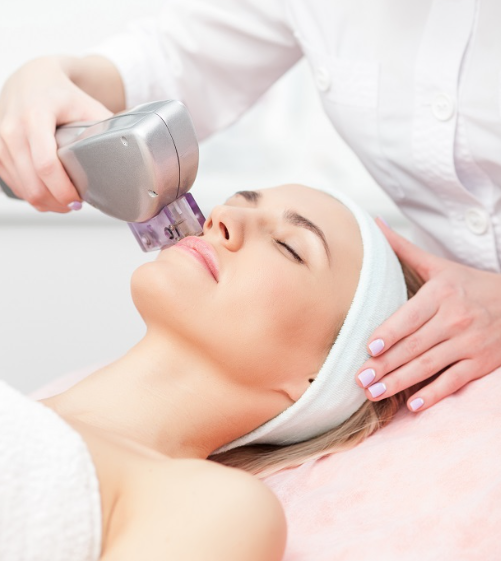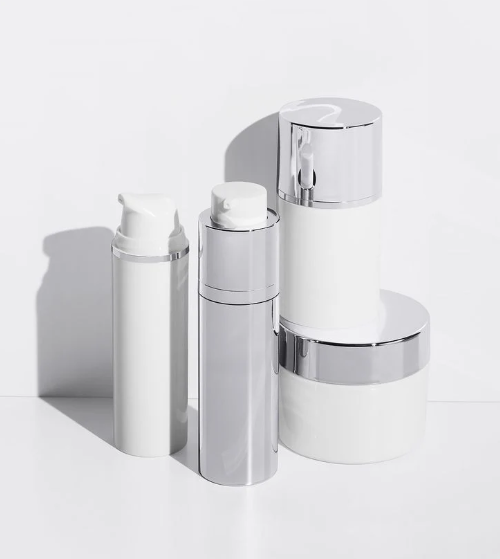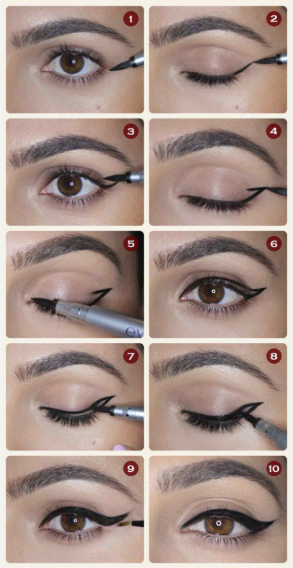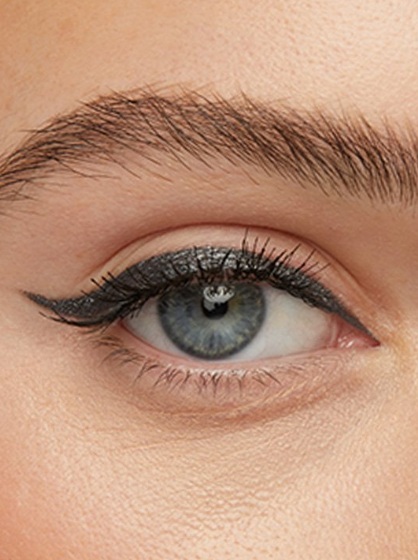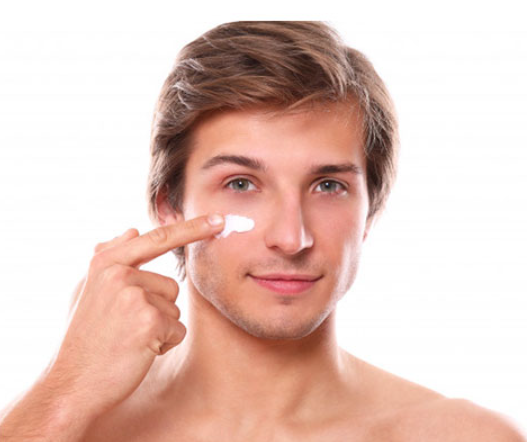With countless skincare routines and products flooding the market, it can be hard to know where to start. However, there are simple, effective steps you can take to improve the appearance and health of your skin. Whether you’re looking to improve your complexion, reduce breakouts, or maintain youthful skin, these eleven tips will guide you toward achieving healthier, glowing skin.
1. Drink Plenty of Water
Staying hydrated is crucial for skin health. If you use soft water to wash your face, you may not need to rely on cleansers every time, as soft water helps rinse away soap residue. On the other hand, hard water can leave soap behind, which may require more cleanser and could potentially dry out your skin. To avoid this, consider using a gentle, non-soap cleanser, especially if you have hard water.
2. Drink Green Tea Regularly
Green tea is packed with anti-inflammatory properties that can calm irritated skin. The catechins in green tea, particularly epigallocatechin gallate (EGCG), help protect the skin by preventing collagen breakdown, which is crucial for maintaining youthful skin and preventing wrinkles. For the best effect, drink cold green tea as hot beverages may aggravate irritated skin conditions.
3. Manage Your Stress Levels
Stress can take a toll on your skin, causing it to become oilier and more prone to acne. When you’re stressed, the body produces cortisol, which can worsen skin conditions. To keep your skin in check, practice stress-relieving activities like meditation, yoga, or deep breathing exercises. Regular relaxation can help maintain your skin’s health and balance.
4. Avoid Polluted Air
Exposure to air pollutants, including smoke, can cause free radical damage to your skin, accelerating aging and causing damage. In addition, dry indoor air can lead to dehydration and dry skin. Consider using a humidifier in your home or workspace to keep the air moist, and avoid areas with high pollution to protect your skin.
5. Choose Simple Toothpaste
Some toothpastes, especially those with tartar-control ingredients like cinnamon, can irritate the skin around your mouth, leading to perioral dermatitis. This condition causes redness, pimples, and scaling around the mouth. Opt for a simple, non-irritating toothpaste to avoid these skin issues.
6. Never Skip Sunscreen
UV rays can penetrate through windows in your car, home, and office, causing wrinkles, dark spots, and other skin damage. Protect your skin by applying sunscreen daily, even if you’re indoors or not spending much time outside. It’s an essential step in preventing premature aging and maintaining a clear, healthy complexion.
7. Watch Your Dairy Intake
If you’re prone to acne, consider evaluating your dairy intake. Some studies suggest that women who consume large amounts of dairy may experience more breakouts, though the reasons aren’t entirely understood. Try reducing your dairy consumption and observe if it improves your skin. You can replace dairy with other foods to maintain a balanced diet.
8. Use a Gentle Cleanser
If you have dry skin, choose a gentle cleanser that won’t strip away essential moisture. After cleansing, always apply a moisturizer to keep your skin hydrated and nourished. This will help avoid dryness and keep your skin looking smooth and fresh.
9. Be Cautious with Hair Products
Certain hair products, such as conditioners or styling creams that contain oils and waxes, can clog your pores and contribute to acne. To prevent this, opt for water-based hair products and avoid applying them too close to your face. This will help keep your skin clear and reduce breakouts.
10. Pay Attention to Medications
If you notice your skin breaking out or becoming irritated after starting a new medication, it may be the culprit. Talk to your doctor about any side effects, as they may be able to adjust your dosage or suggest an alternative. Certain medications can cause your skin to react in unexpected ways.
11. Prioritize Quality Sleep
Getting enough sleep is essential for your overall health, and it’s just as important for your skin. During sleep, your skin repairs and regenerates itself. Lack of sleep, however, can increase cortisol levels and lead to skin problems like breakouts and inflammation. Aim for 7-9 hours of quality sleep each night to support your skin’s natural healing process.
Conclusion
Achieving healthy, glowing skin doesn’t require a complicated routine. By following these simple steps, you can improve the overall appearance and health of your skin. Stay hydrated, protect your skin from the sun, manage your stress, and pay attention to the products you use. With consistency and a little care, you’ll be on your way to radiant skin.

